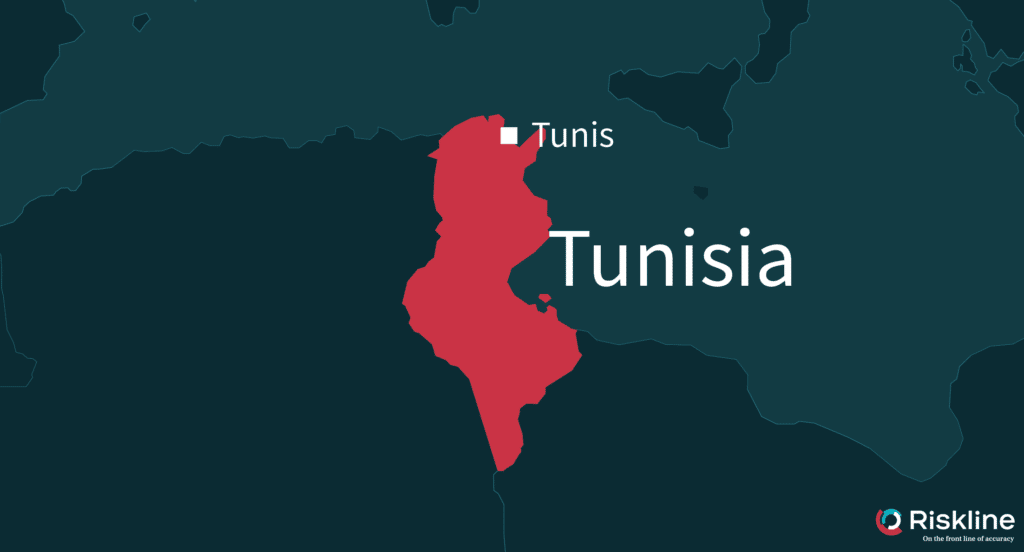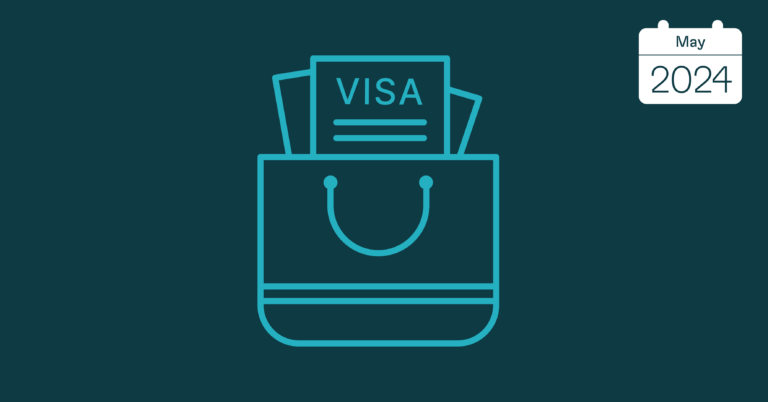Tunisia is widely regarded as the only country to have undergone a democratic transition following the ousting of President Zine El Abidine Ben Ali in the so-called ‘Arab Spring’ in 2011. However, faced with a myriad of socio-economic, political and security problems, tensions have increased within the ruling Nidaa Tounes party and also between Nidaa Tounes and former coalition partner Ennahda, and the government has been unable to address the basic everyday needs of Tunisians. With both parliamentary and presidential elections scheduled to take place between October and December 2019, political infighting threatens to deepen the already established divisions between the country’s main parties, further crippling the government’s ability to create and implement policy and thus increasing the likelihood of mass protests and strikes.
A political crisis within the ruling Nidaa Tounes party has exacerbated difficulties in the decision-making process and reduced the government’s capacity to implement economic reforms and deal with problems, such as the increasing threat of Islamist militancy. Founded in 2012, the secular party lacked a shared political ideology and a vision on how to reform the economy, and was instead bound by the common objective of curbing the influence of the Islamist-oriented Ennahda party. Despite winning the October 2014 legislative elections and November 2014 presidential elections, structural and ideological differences combined with a leadership crisis contributed to the weakening of the party. After forming a coalition with the Islamist-oriented Ennahda in early 2015, internal divisions continued and were reflected by the ongoing dispute between Prime Minister Youssef Chahed, appointed in August 2016, and Hafedh Caïd Essebsi, the son of President Béji Caïd Essebsi. The dispute has polarised Nidaa Tounes politicians – many of whom already regarded Hafedh Caïd Essebsi as lacking political legitimacy due to his sudden rise following the election of his father – and culminated in September 2018 with Hafedh Caïd Essebsi suspending Chahed’s party membership and calling for him to resign due to his failure to revive the economy. The subsequent defection of several Nidaa Tounes politicians to a new pro-Chahed parliamentary bloc, the National Coalition, was highly illustrative of the deep-rooted divisions within the ruling party. Infighting between Nidaa Tounes politicians is certain to continue into the election season, further fragmenting one of the founding parties of Tunisia’s nascent democracy.
The collapse of the coalition between the Nidaa Tounes and Ennahda parties has also limited the government’s ability to create and implement coherent policies. The May 2018 municipal elections gave Ennahda more political weight and improved its negotiating position in coalition talks as it became the largest party in both parliament and local councils. Ennahda also shifted its support to Prime Minister Chahed amid the ongoing power struggle within the Nidaa Tounes party. In late September 2018, President Essebsi officially announced the end of the coalition due to Ennahda’s support of Chahed which further deepened the political divisions between the two parties. The split has exacerbated the political crisis and restricted the ability of the government to work effectively and coherently. Ennahda and other parties stand to benefit from the political divide within the Nidaa Tounes party in the run-up to elections and will look to consolidate support in the coming months.
Meanwhile, Prime Minister Chahed’s attempts to implement structural reforms and austerity measures, such as freezing public sector wages under the guidance of the International Monetary Fund (IMF), have triggered resistance from the Tunisian General Labour Union (UGTT), the country’s largest and most powerful trade union. The UGTT, representing around 670,000 civil servants and an additional 350,000 employees of public companies – making up nearly a quarter of the total Tunisian workforce – paralysed transport, education and government administrations across the country during a general public sector strike on 17 January. The union has called for a further strike on 20 and 21 February amid deadlocked negotiations over a wage increase for civil servants. If the strike goes ahead in February it will be the third carried out by the UGTT since November 2018. Further political realignments over the economic situation are likely in the run-up to elections as the government, which so far has been unwilling to meet the demands of the UGTT and unable to successfully implement IMF reforms, faces growing dissent from the UGTT and other civil society groups.
On top of this, high unemployment and inflation, an increasing threat of Islamist terrorism and dissatisfaction with the political situation – around 66.3 percent of eligible voters abstained in the 2018 municipal elections – have all contributed to a dramatic increase in mass street protests over recent years. On 24 December 2018, a journalist set himself on fire in protest of the socio-economic situation prompting violent protests in Kasserine and other cities across the country. The austerity measures also prompted some Tunisians to create the “Red Vest” movement, inspired by France’s “Gilet Jaunes”, in December 2018, although so far the movement has failed to gain momentum. Frustrated by a lack of opportunities and discontented with political infighting, Tunisians have once again taken to the streets to voice their dissatisfaction.
Parties and presidential candidates will need to limit political conflict, and present themselves as more independent and capable of implementing policies in the run-up to elections to garner support. For this to happen, the country’s secular political parties must move away from infighting if they are to present a viable alternative to Ennahda. Tunisia’s nascent democracy could overcome the political crisis if parties establish competing political and economic programmes for the 2019 elections, however, the continuation of infighting and realignments between the country’s main political forces threaten to alienate an already discontented population. If political conflict continues along the same trajectory, the government’s ability to tackle the country’s multi-faceted problems will continue to be limited and further general strikes and mass protests are likely as citizens voice their concerns.















